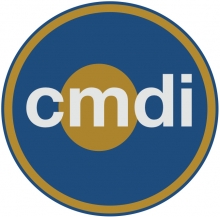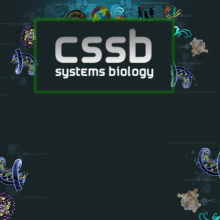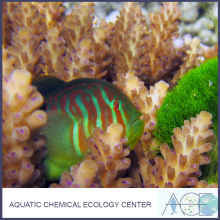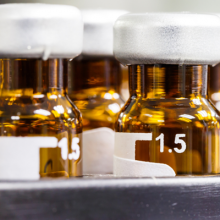Welcome to the School of Biological Sciences at Georgia Tech. Learn about graduate and undergraduate programs, our research, upcoming events and news — and dive into a new magazine by the College of Sciences.
The School of Biological Sciences is searching for a new school chair. Learn more here.
Recent News

In the latest episode of Generating Buzz, Lesley Baradel explores the high-protein food craze and explains how the rise of GLP-1s factors into the increased focus on this essential macronutrient.

The fellowship is one of the most competitive and prestigious awards available to early-career scholars.

Created by the Research Corporation for Science Advancement, the award provides continuity funding to support early-career researchers pursuing programs focused on training the next generation of scientists.
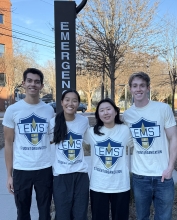
Four Georgia Tech students share what it’s like to balance rigorous coursework with the high-stakes world of emergency medicine.
Upcoming Events
Experts in the News
Gulf Coast News | 2026-02-05T00:00:00-05:00
Scientific American | 2026-01-16T00:00:00-05:00
Spark: College of Sciences at Georgia Tech

